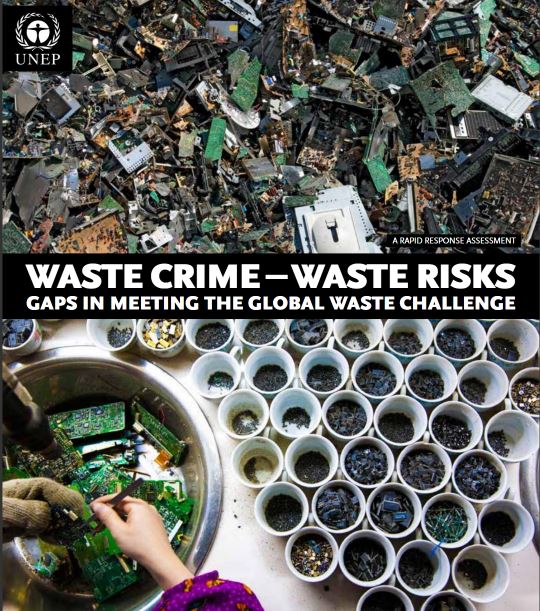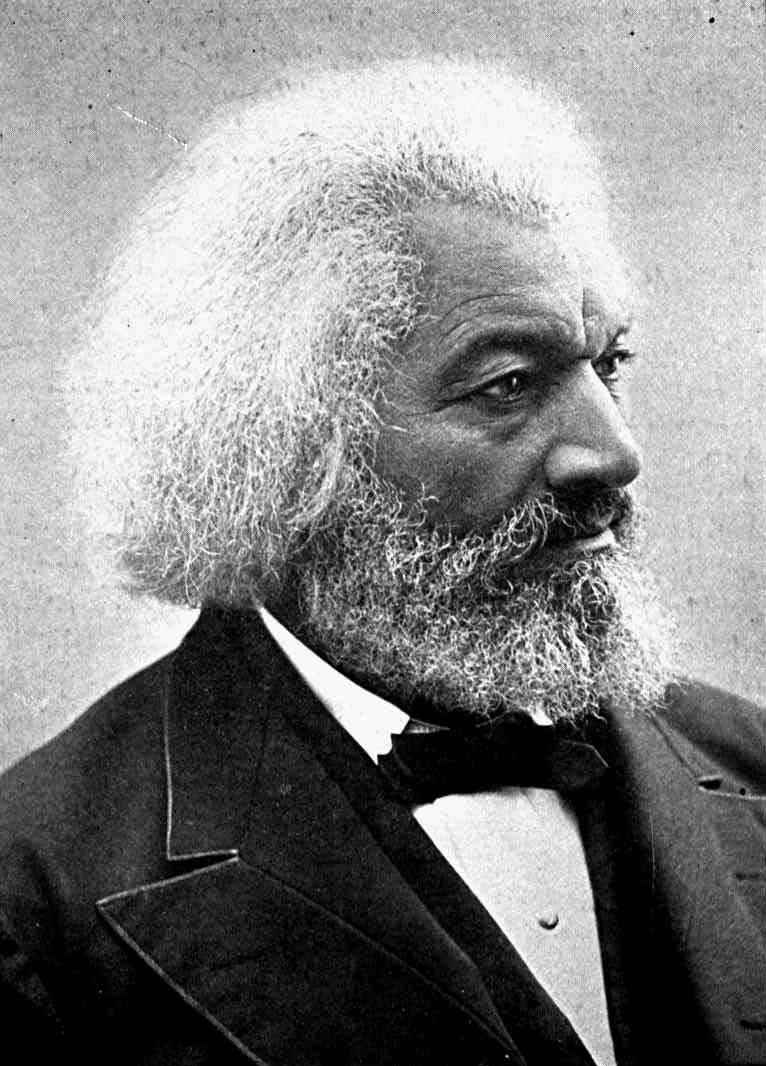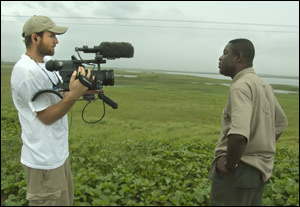It is challenging to take 10 years of blogs about ethical recycling, many written in passion, often written in haste, and channel a message which is nuanced, and not just to be brushed away as "denial". I come from the same generation, post hippy, late 70s early 80s protester. I shared the same deep sense of alarm from Jacques Cousteau, Jane Goodall, Rachael Carlson, etc., about the population bomb, and the finite nature of world resources. We read Amory Lovins, Barry Commoner. Jim Puckett, Barbara Kyle, Ted Smith, Shena Davis, and so many others in our 50s and early 60s grew up with the same
Siddhartha Gita Vedanta Black Elk Speaks mantras, and spreading like 1860s prospectors to save parts of the world, we sharpened our arrows and powdered our muskets.
The General Mining Act of 1872 was my target. I hand wrote letters to my Arkansas Senators, Bumpers and Pryor, in 1980, telling them it was unfair to unborn generations to subsidize the pollution of hard rock mining. The EPA's Clean Water Act and Clean Air Act were focused like a laser on nonferrous smelters, hitting recycled and secondary smelters hardest (not precisely the same thing btw) but also affecting primary mining and smelting. The most polluting industry was the first to move offshore, and I shared the alarm of my fellow environmentalists in our 20s and 30s over "externalizing" pollution.
World's 10 Fastest Growing Copper Mining Projects (mining.com)

Copper, Lead, Silver, Tin and Gold mining in places like Borneo, Papua New Guinea, Zambia and Peru seemed like an end-run around our generation's attempt to clean up America's virgin mining to throwaway culture. And the places where those industries moved to were in many ways a social nightmare. Idi Amin, Mobutu Seko Sede, and dozens of other dictators pocketed "registration fees" for these mines and set up foreign bank accounts, giving rise to the alarms of "Resource Curse".
We were alarmed by the same things. We protested the same things. And Africa's "
mining map" is growing.
 Harry Wu recently passed away.
Harry Wu recently passed away. It was thanks to Wu that Americans and Europeans knew about Maos "cultural revolution", which arrested academics for as little as rolling their eyes at Communist Party rallies. Harry Wu taught us, in the late 1980s, that cheap Chinese toys and tools were often products of slave labor. We learned about death squads in El Salvador, USA puppet governments like Allende's in Chile. Globalism was happening, it seemed, for all the wrong reasons.
So what happened. How did I become what Jim Puckett calls "the biggest thorn" in his side? We shared so many of the same experiences and same premises.
This is an opening blog to explain what happened, and what BAN and other protest-and-alarm-fueled NGOs have correctly and what they are blind to. I went to live in Africa for 30 months in the 1980s, and it changed me forever. But what changed me isn't well represented by poor African children, or poor Chinese children, or halloween language of "e-waste hell" and "child labor" and "shantytown" and "rice paddy" images. What changed me are individual people, individual friends, individual rivals, individual students.
Do the actual people in emerging markets serve as nothing more than the NGO's wallpaper? What divides Fair Trade Recycling from the traditional anti-globalist NGOs of the early 80s is Q-method. We talk to people overseas. We get translators, we visit, and we listen. So we were the first to find out that one NGO in particular was blatantly falsifying data, to the point where it merits a defamation lawsuit. I loved, adored my family in the Ozarks, but racism is a bridge too far.
Fear of others.
Exoticism.
Poverty porn.
The tactic of scare-mongering is everywhere, and journalists are in on it. It is easier to make a story exciting and alarming than it is to actually inform. It's not the datajournalism, it's the photography. It's not the steak, it's the sizzle. If it bleeds, it leads. Journalists and NGOs share the same great and noble mantras of the 1960s and 70s that I do. They want to save the planet, and basically do what an older generation referred to as "earn their place in heaven". We didn't call it "to sit beside and hold the hand of Jesus", our reward was more nirvana, more transcendant.
But like the pitfalls of the snake handlers in the Ozarks, we took ourselves too seriously and stopped measuring.
Time to watch again the Hans Rosling TED Talks. Faith is gravity, but truth is light. We share the purpose, the gravity, the traction of making the world better for current and future generations. But Basel Action Network has been selling a product that doesn't work in the low low light of ignorance, and when they are confronted with data and information, they have begun shooting in the dark.
Part II: What they got right
























